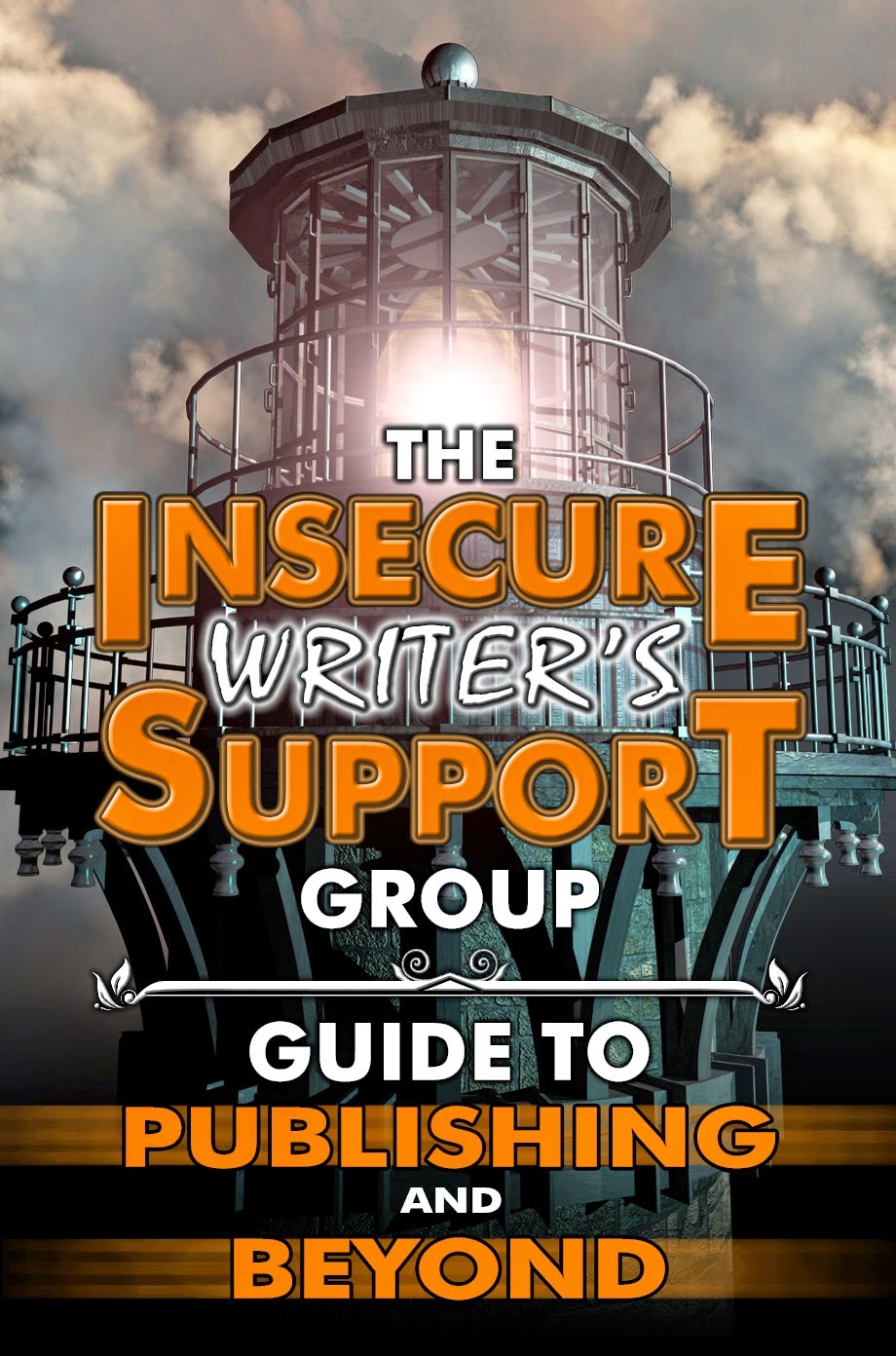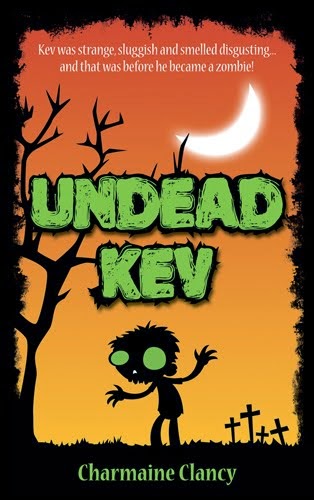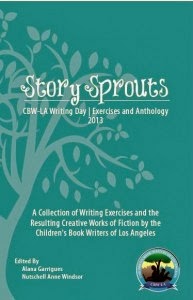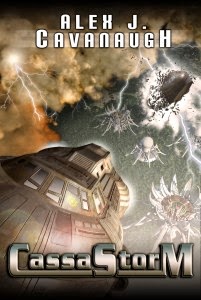When writing a story, using the senses to make scenes more vivid and visceral is simple and obvious advice. You want the reader to feel like they’re right there with the characters, experiencing what they’re experiencing.
Using what the characters see, hear, smell, touch and taste will further reader engagement, but these are not the only senses people have. There are in fact a host of other senses that are often overlooked or are so abstract that it isn’t clear how to convey them on the page.
A simple google search will produce a list of senses other than the big five, but it isn’t enough to be aware of them, or to be able to define them. You want to be able to capture the feeling in a way that the reader will relate to, and relate to strongly.
The kind of senses I’m referring to are things like balance, hunger, time, unease, fear, pain, temperature. Everyone is familiar with these sorts of feelings, but it’s hard to describe. In fact it’s much easier to simply state it. I’m hungry. You know exactly what I mean and what it feels like to be hungry. But this kind of statement won’t put you in my place. It won’t make you feel hungry.
However, if I describe the kind of food I’m hungry for, the ridiculously indulgent cream cake sitting in my fridge, then I can not only make you feel hungry too, I can actually make you want to go open the fridge, even though it won’t do you any good because you aren’t here (and even if you were good luck getting any before I stuff it all in my face).
This is what you what to achieve with all senses, to make the reader have a mirroring physical response, and there are a number of ways to do this.
That’s not to say you shouldn’t use the big 5 sense also, but because they are used so often by so many writers, it can be hard finding an original way to put it. Somebody always seem to have already found the perfect phrase, and a bunch of other people have re-used it ad nauseam.
You can, of course, still have the hairs rise on the back of a character’s neck, or a cold bead of sweat trickle down their back, and the reader will have some kind of sensory empathy, but not as strong as they might have 50 or 100 years ago.
That’s one of the big advantages of considering the lesser known senses. They’ve been employed less frequently and so offer more opportunities for fresh ways to draw readers in.
So, here are a few different techniques you can use to accomplish this.
The most direct method is to go on the body. You literally describe the sensations evoked in you when you experience a particular event or stimulus and the reader feels it too, whether a nervously bouncing leg or a cold bead of sweat. But, as mentioned above, it’s hard to avoid cliches and some senses don’t really have this kind of physical component. What are the physiological sensations associated with time passing, for example?
Often, a more effective method is to use the scene to recreate the stimulus itself. Like in my hunger example, making saliva pool in the reader’s mouth can be more powerful than describing the saliva in the character’s, and it’s also one of the few times over-describing something can be a good thing.
You should also pay close attention to the words you use. Strong verbs, similes, alliteration can all affect how well a reader slips into the same mind state as a character. It takes a little thinking about, but it should quickly become second nature to go through your options and realise that jagged or scraping are more evocative words to use when describing pain than simply painful or very painful. Similarly Where, what, why? can convey confusion better than Where am I?
With similes and metaphors you have to watch out for clichés since all the best ones seem to have been already written (multiple times) but if you can come up with a good one it can be very effective. Much like recreating the stimulus for a sense reaction, a related stimulus that has the same reaction will still put the reader in the right state of mind just as well.
The biggest problem comes with the really abstract senses. It’s hard to capture the way you feel when you’ve been writing for what seems like ten minutes and you look up and two hours have passed. And, to be honest, the absolute best way to recreate that kind of feeling is to pay attention next time it happens to you and make notes. There really is no substitute for personal experience when it comes to trying to present a fresh perspective on a universal feeling.
However, what you may find is that your observations seem very familiar. People react in similar ways and focus on the same things, in particular the small things. There’s nothing wrong with this, a small detail can very often pinpoint a feeling very accurately.
When you’re on top of a ladder feeling unsteady, the things you notice within yourself, the shakiness in your hand or the wobbly sensation running up your legs, are pretty much what everyone feels, and while that’s good in terms of being relatable, it’s not so good when you’re the umpteenth writer to make that exact same observation.
My point being it’s not just about noting the first thing that comes to mind, because chances are that’s going to be too obvious and predictable. You should also consider going outside of yourself.
When you’re on top of that ladder, once you become aware of the immediate sensation in your body, think about your surroundings, the consequences, the possible options to save yourself should you fall.
An image of yourself smashing your nose into the concrete floor below or a filthy gutter you could grab onto, hoping it won’t be wrenched away from the roof, can give just a good idea of losing balance as swaying left to right uncontrollably.
You can even go further out, using the environment to suggest a particular state of mind. So a spooky story set on a dark and stormy night can help establish a mood that in turn makes it easier to convey the character’s sense of unease.
Hmm, a dark and stormy night, I wonder if anyone’s used that phrase before. I should trademark it asap.
If you found this post useful please give it a retweet. Cheers.






























































































486 comments:
«Oldest ‹Older 601 – 486 of 486 Newer› Newest»
«Oldest ‹Older 601 – 486 of 486 Newer› Newest»